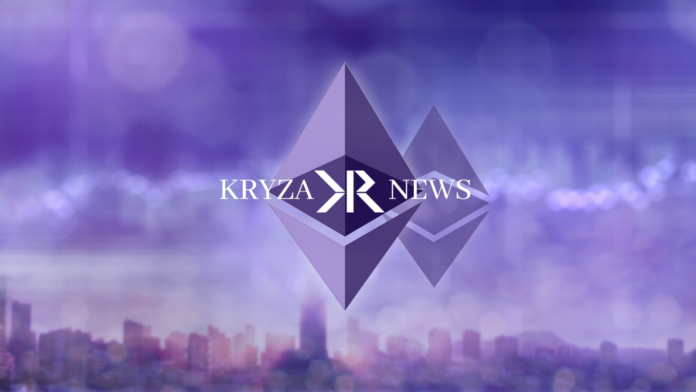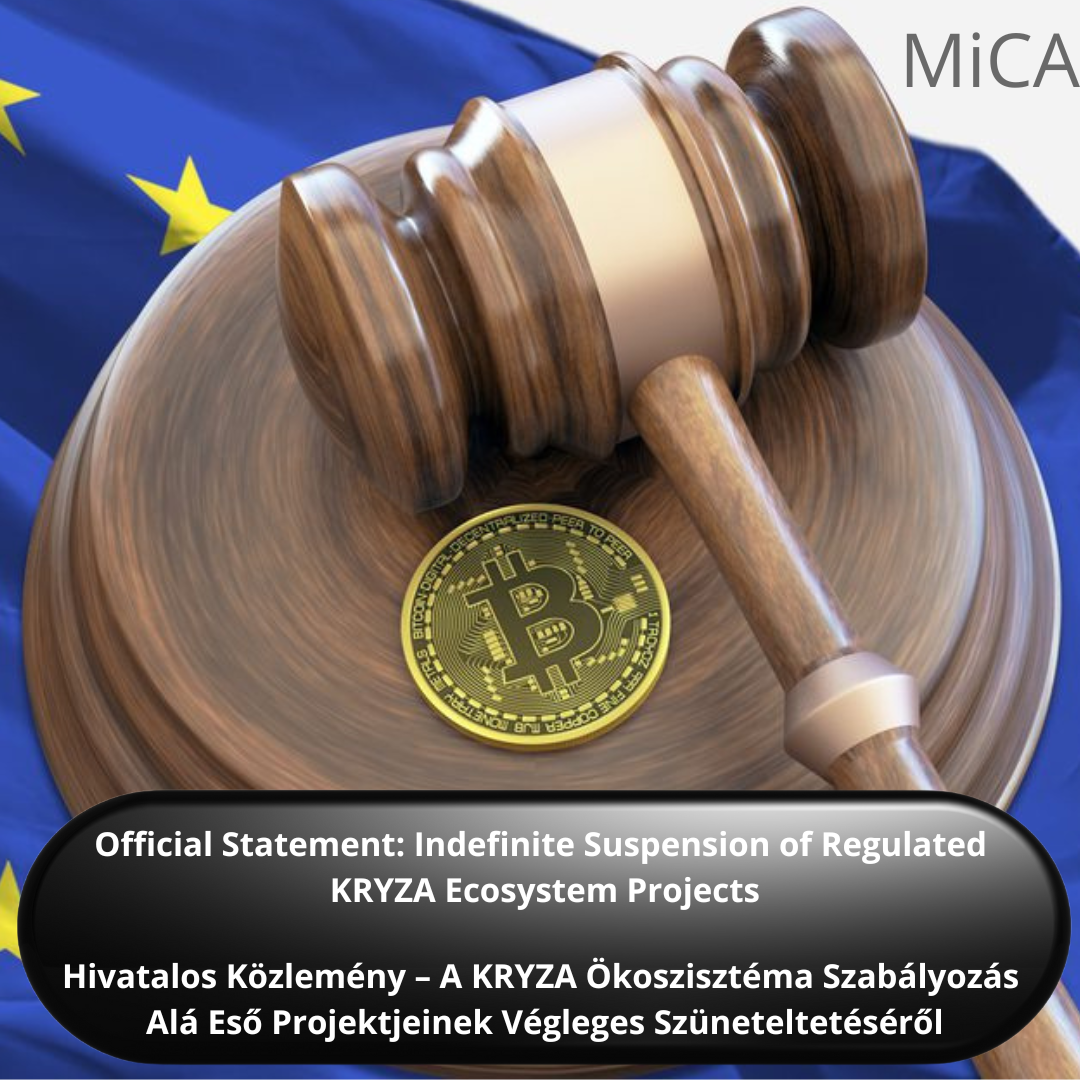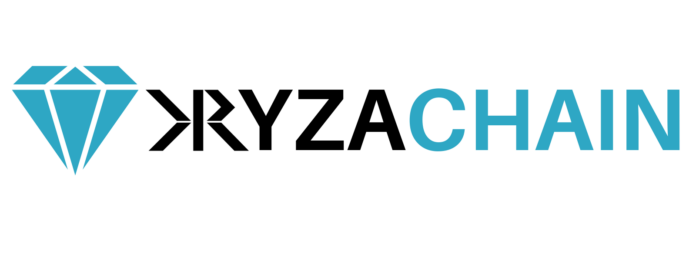In the first three weeks of this year, the ether-bitcoin ratio has experienced a 19% increase, recovering part of the 25% decline seen last year.
Analysts suggest that investors are likely to reconsider Ether as the narrative around spot ETF gains momentum, especially considering Ethereum’s continued dominance in the DeFi and NFT sectors.
Despite underperforming Bitcoin in 2023, Ether is seen as a potential core holding in diversified crypto portfolios, as Ethereum remains the leading smart contract blockchain with upcoming key upgrades. Additionally, Ether is widely regarded as the next likely candidate for a spot-based ETF in the U.S.
“ETH could be poised for a breakout year,” stated Nasdaq-listed crypto exchange Coinbase in its weekly newsletter. “Last week’s bitcoin ETF news proved to be a boon for Ethereum, which briefly spiked above $2,700 — reaching its highest price since May 2022. And there are reasons to be even more optimistic about ETH’s near-term future.”
Several firms behind Bitcoin ETFs, including BlackRock and VanEck, are reportedly planning Ether-based spot ETFs. A spot ETF invests in actual cryptocurrency, offering exposure to the asset without requiring ownership, considered more favorable than futures-based ETFs.
The recent launch of nearly a dozen Bitcoin spot ETFs in the U.S. has garnered over $10 billion in cumulative volume, with BlackRock’s product attracting $1 billion in inflows.
The anticipated Dencun upgrade on Ethereum, designed to enhance mainnet scalability with the introduction of “data blobs,” is expected to further stimulate investor interest. Data blobs are temporary transaction data memory, often associated with Layer 2 solutions, that can be attached to Ethereum. The upgrade aims to reduce congestion and network fees by confirming the correctness of attached blob data rather than verifying each transaction.
“Ethereum’s Dencun upgrade began initial tests on Wednesday and in the coming months is expected to implement EIP-4844, which some ETH watchers predict could help reduce network fees by 90% or more,” noted Coinbase.
Institutional crypto firm ETC Group, in its annual report, discussed a bullish outlook for the ether-bitcoin ratio, emphasizing Ethereum’s continued dominance in building decentralized applications, NFTs, and tokenized assets. Despite Bitcoin’s network activity boom in 2023, Ethereum remains the preferred chain.
Ether investors have the opportunity to generate additional returns through staking or locking their coins in the network in exchange for rewards. The current annualized reward rate is around 3.84%, maintaining an average of 4% to 5% since Ethereum completed the Merge in September 2022.
Lastly, Ethereum’s feature of burning a portion of transaction fees paid in ETH has a deflationary effect on the token’s supply, positively impacting investors. According to ETC Group, “The strong dominance of Ethereum in terms of smart contract platforms and the possibility to earn an additional source of yield imply that it should also be a core holding in a diversified cryptoasset portfolio. We therefore think that it is quite likely for the relative performance of ETH/BTC to reverse itself in 2024.”







